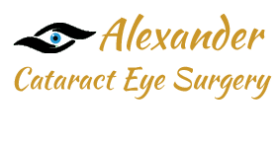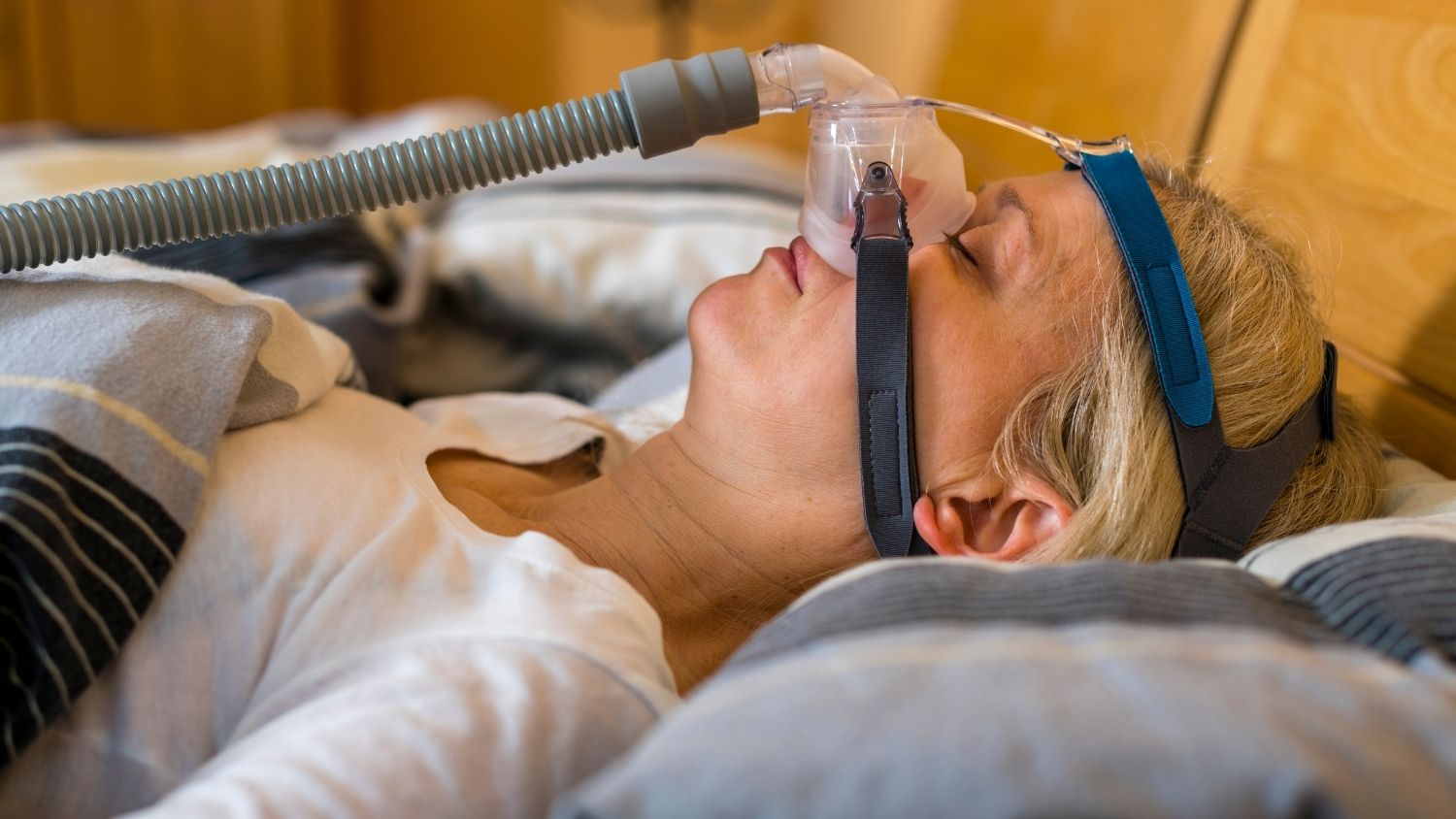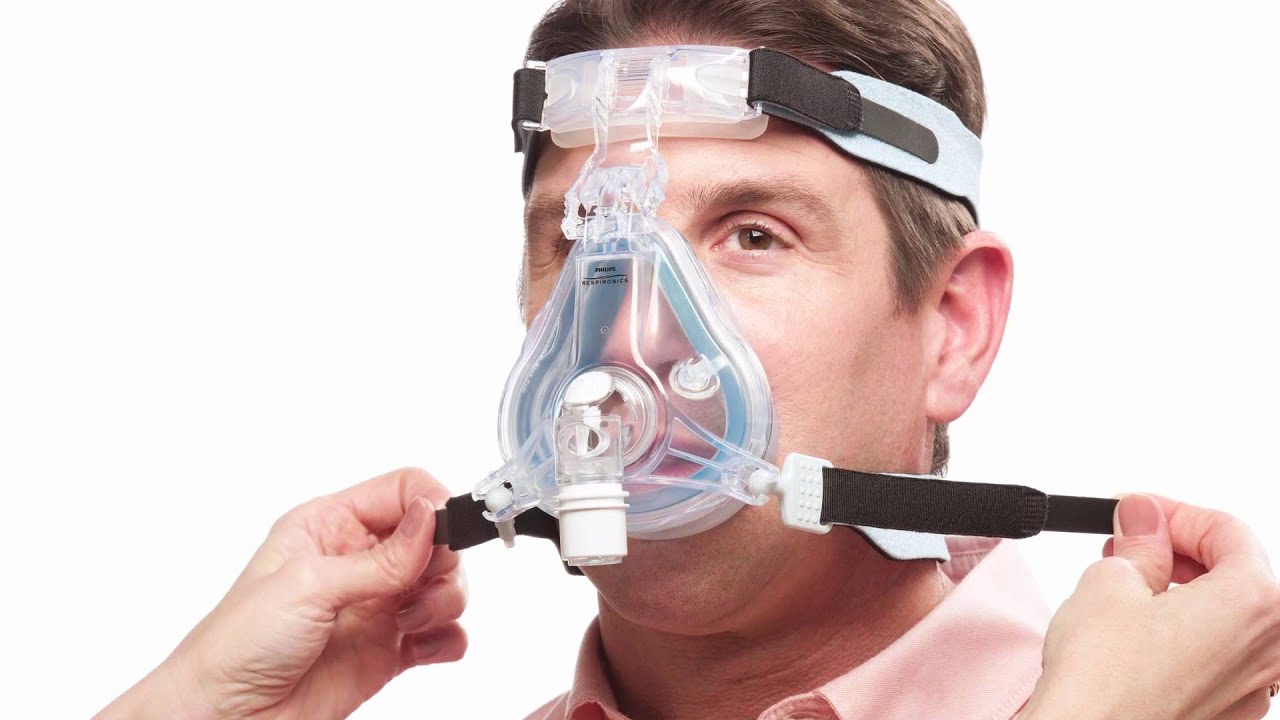About Us
Welcome to Alexander Cataract Eye Surgery Sydney!
Thank you for choosing Alexander Cataract Eye Surgery Sydney for your eye health needs. We are here to provide exceptional care and help you see a brighter future.
ABOUT ALEXANDER CATARACT EYE SURGE
Alexander Cataract Eye Surgery Sydney is dedicated to improving the quality of life for our patients through exceptional eye care. Our mission is to offer the highest standard of eye health services, combining expertise with compassion to ensure the best possible outcomes.
Featured Course
Getting Started With Our Latest Works
Stay tuned for updates on our latest successful treatments and advancements in the field of eye care.
State-of-the-Art Glaucoma Surgery
Personalized Glaucoma Treatment Plans
Glaucoma Specialist Services
Our glaucoma specialists are dedicated to diagnosing and treating glaucoma, a condition that can lead to vision loss if left untreated. We offer comprehensive glaucoma examinations, advanced treatments, and personalized care plans.
Comprehensive Eye Tests for Glaucoma
Early detection of glaucoma is crucial. Our thorough eye tests help identify glaucoma at an early stage, allowing for timely intervention and management.
Education on Glaucoma Causes and Symptoms
We believe in empowering our patients with knowledge. Learn about the causes and symptoms of glaucoma through our informative sessions.
How Exactly Does the Smile Eye Surgery Procedure Work?
SMILE, which stands for short incision lenticule extraction, is a laser vision correction method that is currently available to patients. In this article, we provide an explanation of how SMILE laser...
A detailed overview on CPAP masks
According to estimates, between 10% and 30% of persons in Australia suffer from obstructive sleep apnea, a condition that causes frequent breathing pauses while you sleep...
9 ways you can make your CPAP mask routine easier.
You must breathe differently while using CPAP masks than you usually do normally. You should keep your lips shut and exhale a little more forcefully than normal while using a cpap mask...
Testimonial
What My Clients Say?
"I am incredibly grateful to Alexander Cataract Eye Surgery Sydney for their exceptional care during my glaucoma treatment. The team's knowledge and attention to detail put me at ease."
Nathan Gabriel
"The glaucoma specialist here is truly a gem. They guided me through every step of the process, making my glaucoma surgery a success. Thank you!"
Lilly Renard
"The comprehensive eye test for glaucoma helped me catch the condition early. Thanks to the team's prompt action, my vision is now well-preserved."
Chloe La Trobe
"I can't thank Alexander Cataract Eye Surgery Sydney enough for their personalized approach to glaucoma treatment. They genuinely care about their patients' well-being."
Brianna Sellar
Subscribe
About the Founders
Meet the Faces Behind Alexander Cataract Eye Surgery Sydney. Our founders are dedicated to making a positive impact on patients' lives through their expertise in eye care.









